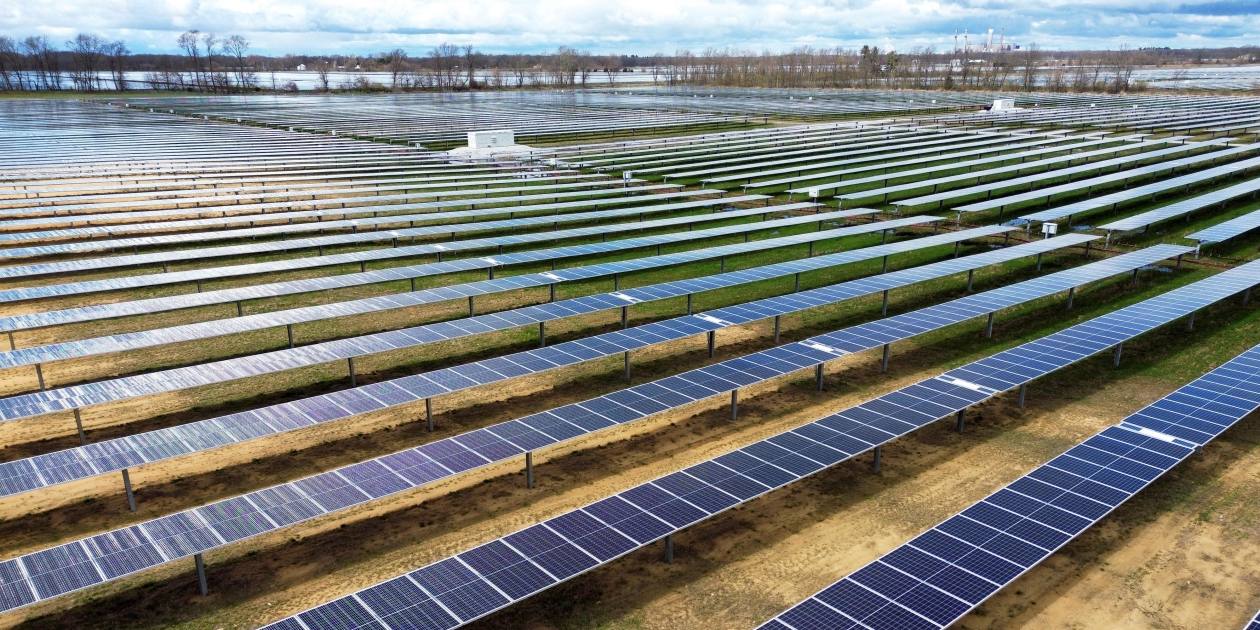Swinburne’s New Role in Solar Energy and AI Research
Swinburne University of Technology has received grants from the Australian Research Council (ARC) worth $64 million. These grants fund two new Industrial Transformation Research Hubs, focusing on solar energy recycling and AI for net-zero infrastructure.
Advancing Solar Panel Recycling
Swinburne is collaborating with universities and industry partners nationwide. The Photovoltaic Solar Panel Recycling and Sustainability ARC Research Hub, led by the University of New South Wales, aims to develop green technologies for recycling solar panels and repurposing materials. This initiative supports Australia’s National Net-Zero Plan and Waste Action Plan.
Key Contributions and Innovations
Professor M Akbar Rhamdhani from Swinburne, a key figure in this project, will develop scalable, efficient, and eco-friendly processes for recycling solar panels. The project builds on Swinburne’s previous work funded by the Australia Renewable Energy Agency (ARENA), which focused on using glass from solar panels to absorb impurities from solar cell waste.
“We will add flux to the glass-melt and carry out multi-stage treatment to remove impurities and recover valuable elements,” says Professor Rhamdhani. “Recovered silicon can be used in solar panel production or the steel industry. I will also contribute to new designs of a pyrolysis reactor for delamination and melting of solar panels.”
Led by Monash University, the ARC Research Hub for Infrastructure Net Zero aims to decarbonize large-scale infrastructure engineering and construction processes through digital technologies. These include robotics and artificial intelligence (AI).
Addressing Sustainability Challenges
The Hub addresses excessive carbon emissions and outdated practices in line with Australia’s 2030 Digital Economy Strategy. It will utilize infrastructure digital twins, low-carbon materials, eco-friendly structural designs, and advanced operation and maintenance methods to transform the infrastructure industry.
Swinburne’s involvement includes contributions from Professor Tracy Dong Ruan, Professor Pat Rajeev, and Professor Emad Gad. They will focus on digitalizing the infrastructure lifecycle for net-zero, targeting challenges like excessive carbon emissions.
“This is a brilliant opportunity to further our work in sustainable construction and building practices,” says Professor Rajeev. “We aim to transform Australia’s construction sector through AI-based supply chain optimization and intelligent monitoring technologies.”
About Swinburne University of Technology
Swinburne University of Technology is at the forefront of solar technology and green energy policies. By participating in these ARC Hubs, Swinburne strengthens its commitment to advancing solar energy market trends and green energy policies, contributing significantly to solar energy investment and developments in solar technology.
Source:miragenews.com





